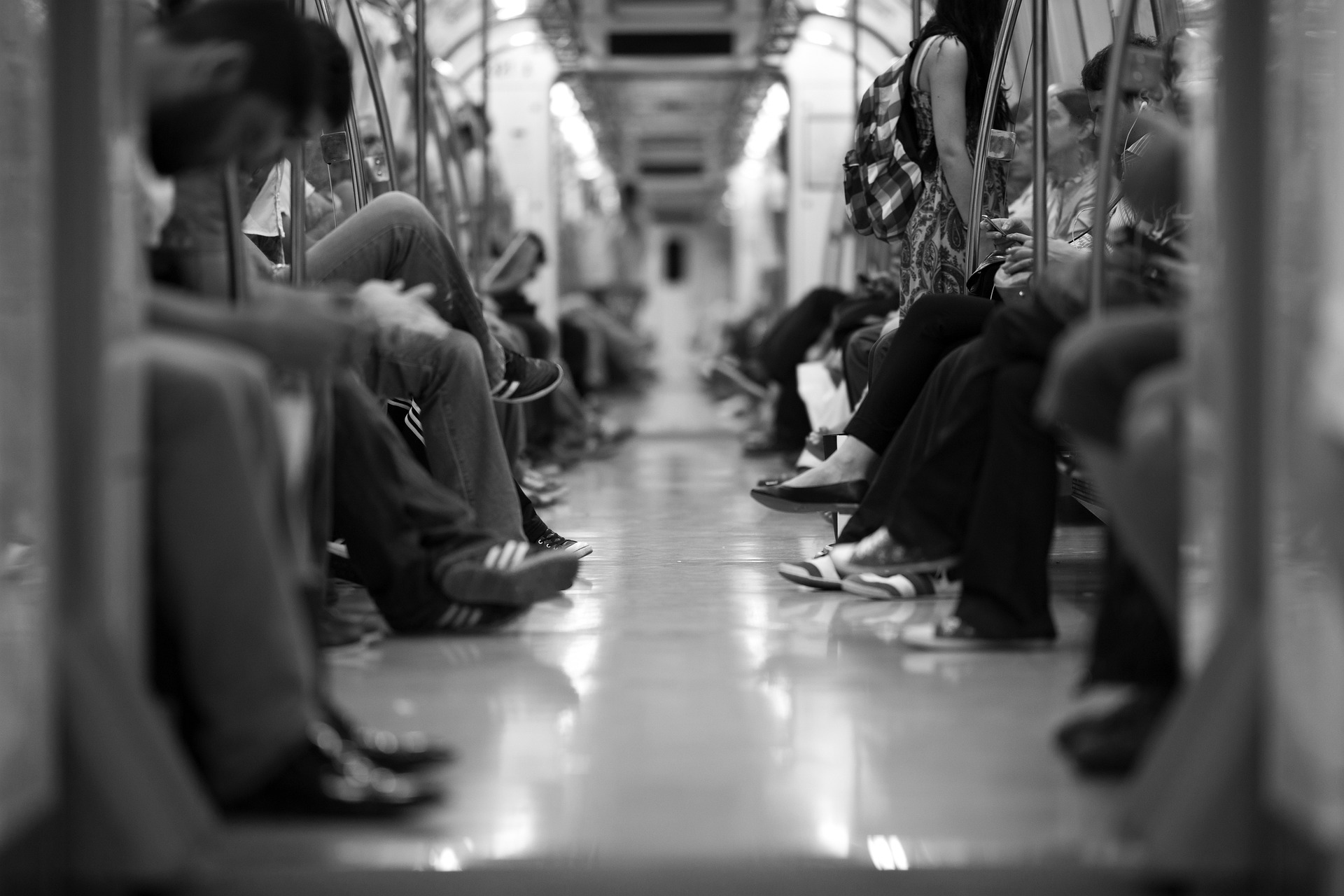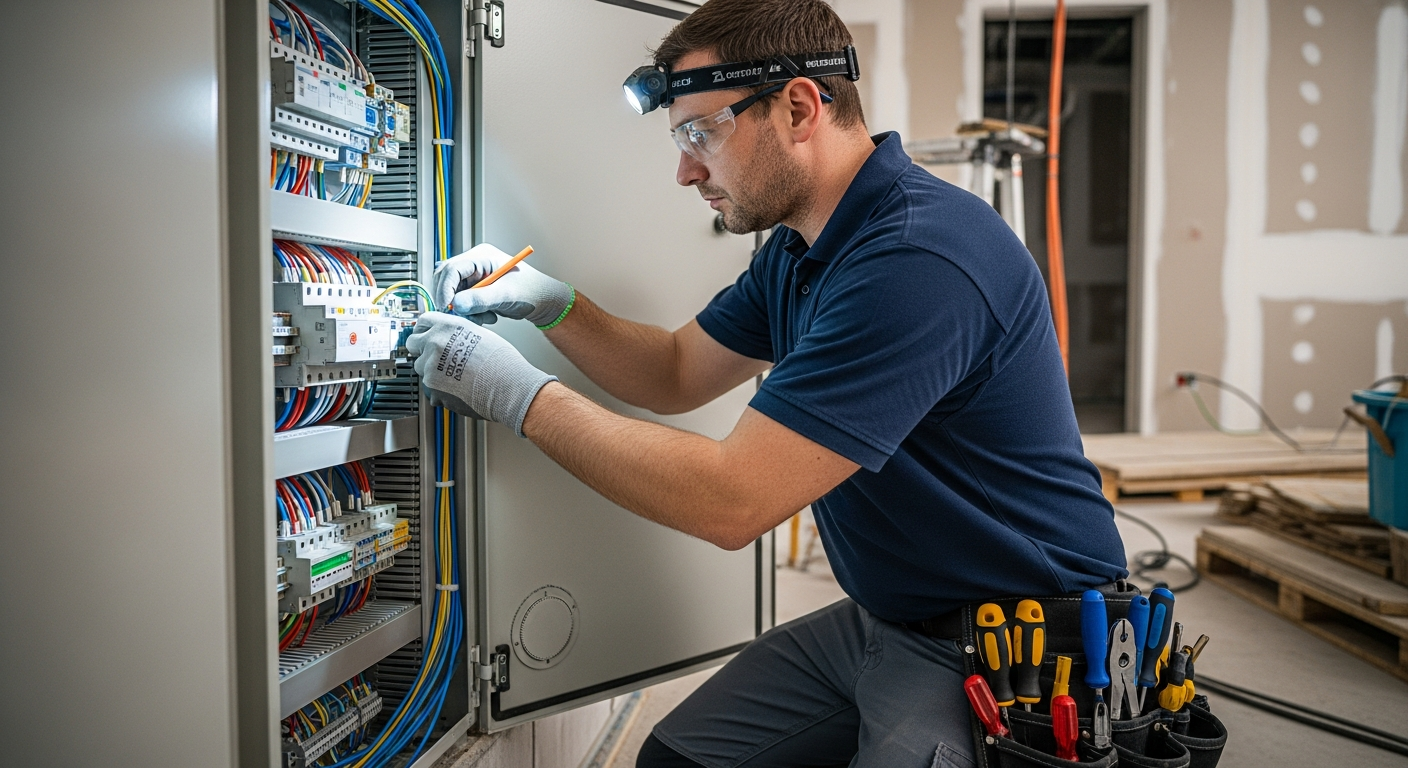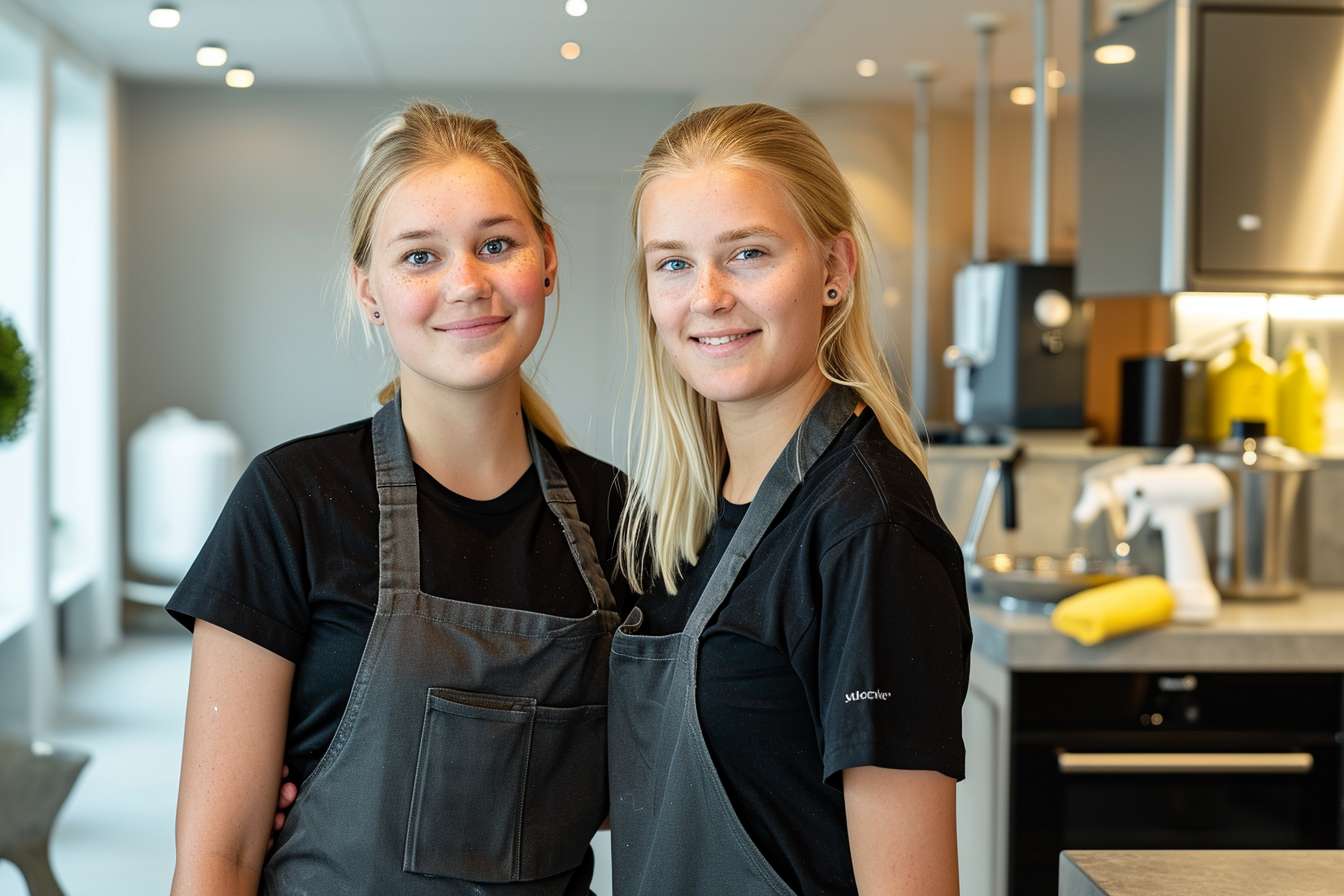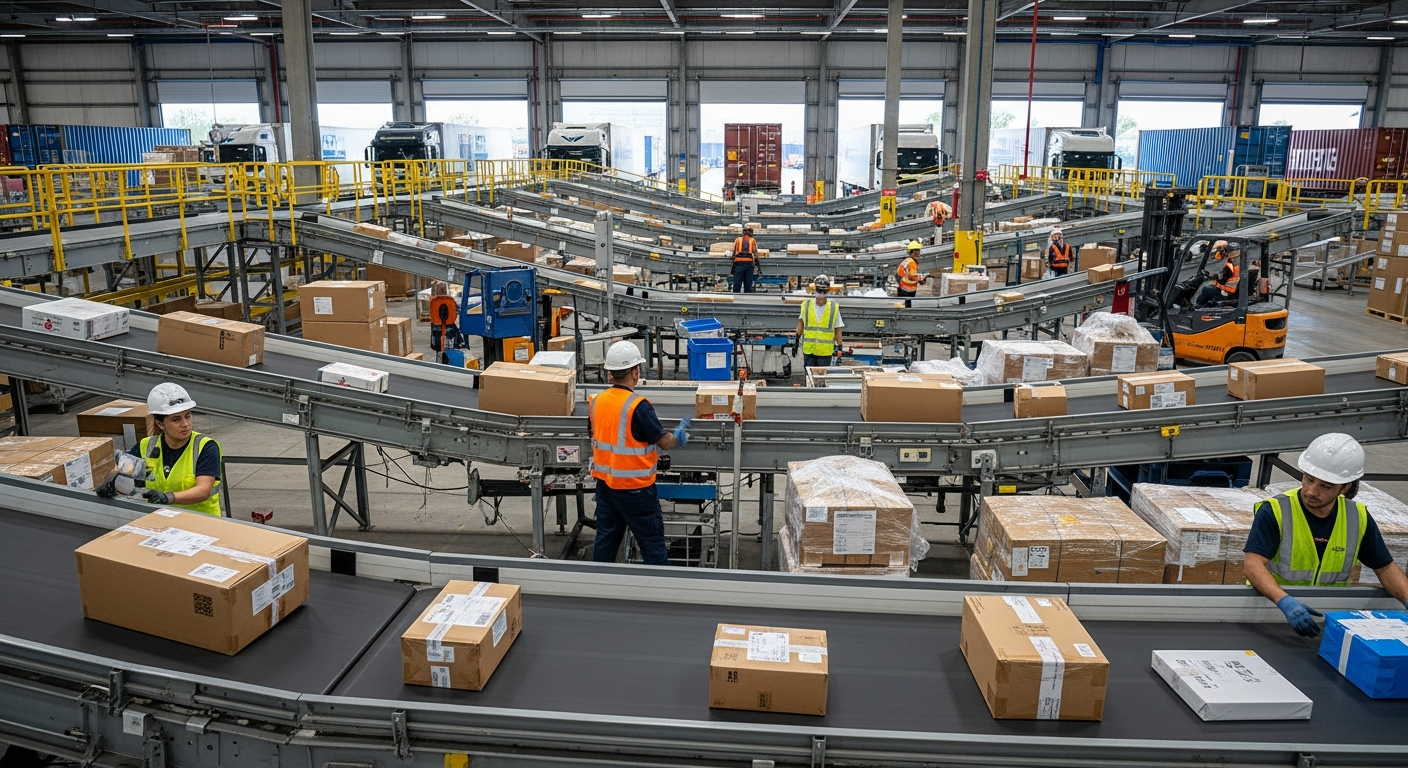The Emergence of Slow Living: A Societal Retreat from Haste
Have you ever felt that life is moving too fast, that our relentless pursuit of productivity and efficiency is depriving us of genuine experiences and contentment? If so, you are not alone. The Slow Living movement, which has been gradually gaining traction, advocates for a life lived more deliberately and meaningfully. Read below to learn more about this fascinating sociocultural trend and its implications for our society.

A Historical Overview of Slow Living
The Slow Living movement traces its roots back to the 1980s when Carlo Petrini led a successful campaign against the opening of a McDonald’s near the Spanish Steps in Rome. This marked the birth of the Slow Food movement which was a pushback against fast food and fast life in general. The movement later broadened its scope to include all aspects of life, giving birth to the Slow Living movement.
Living Slow in a Fast-Paced World
The contemporary world is characterized by a culture of instant gratification and constant connectivity, which has led to an increase in stress levels, burnout, and a general sense of dissatisfaction. In contrast, Slow Living emphasizes mindfulness, simplicity, and a focus on quality over quantity. It encompasses various areas of life, including food, work, travel, and even parenting, encouraging individuals to take a step back and savor life’s moments.
The Sociocultural Significance of Slow Living
Despite being a relatively new phenomenon, Slow Living is significantly shaping our society. It challenges the prevailing consumerist culture, encouraging sustainability and ethical consumption. Moreover, it promotes mental well-being by advocating for work-life balance and mindfulness. The movement is also influencing policy-making, with some cities like Copenhagen and Melbourne adopting ‘slow policies’ that prioritize quality of life over economic growth.
The Research Behind Slow Living
Research supports the benefits of Slow Living. Studies have shown that mindfulness can reduce stress and improve mental health. Moreover, slow food practices, which prioritize locally sourced and organic food, have been linked to better physical health. Research has also shown that slow travel, characterized by longer, more immersive trips, can lead to more meaningful and satisfying travel experiences.
The Future of Slow Living
While Slow Living began as a counterculture, it has been increasingly embraced by the mainstream society. It’s predicted that as the negative effects of our fast-paced lifestyles become more apparent, more people will turn to Slow Living. This shift will likely provoke changes in various sectors, including food, travel, and work, as they adapt to accommodate this growing trend.
In conclusion, Slow Living represents a significant cultural shift, offering an antidote to our fast-paced, productivity-obsessed society. It provides a fresh lens through which we can view our lives and our world, challenging us to prioritize quality, sustainability, and well-being over speed and efficiency. As we continue to grapple with the complexities and challenges of modern life, the embrace of Slow Living suggests a yearning for a more balanced and meaningful existence.




